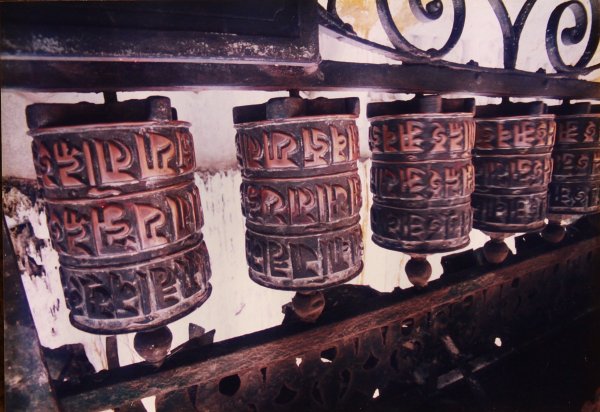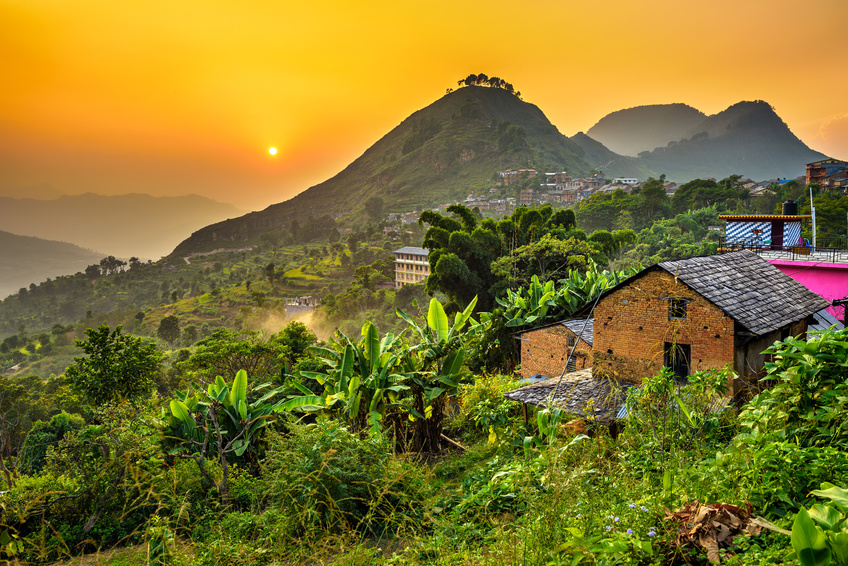All foreign nationals except citizens of India need visas. Single entry visas are issued for up to 30 days. However, they can be extended for up to 3 months. Trekking permits on the other hand are needed if you plan on hiking in the Himalayas. These permits can be obtained from immigration offices in Katmandu.
The time zone is GMT/UTC plus five hours and 45 minutes. Electricity is 220 volts. Weights and measures are in the metric system. The currency is the Nepalese Rupee. In early 1997 the exchange rate was one US dollar equaled approximately 55 Nepalese Rupees.
The prices in Nepal are quite inexpensive compared to the United States. A budget meal in Nepal typically costs around $3 to $4. A restaurant meal is between $7 and $10. A budget room costs between $10 to $25, while a mid range hotel room will run you between $25 to $45. It is possible to live on about $15 US dollars a day in Nepal if you live on Nepalese food and inexpensive lodging. Living expenses are a bit cheaper on the trail for an independent trek. You can expect to spend between $10 to $15 a day on the trail.
There are three exchange rates in Nepal:
1. the rate set by the the government’s banks
2. the slightly more favorable rate set by private banks
3. the rate set by the black market shops.
It is recommended to exchange a good deal of foreign currency into Nepalese rupees in Katmandu, before you go on a trek in the Himalayas. The exchange rates are much more favorable in Katmandu versus some of the small towns along the trails. You also want smaller bills, because it is easier to pay for lodging and the porters, who often cannot change large bills. We were able to get very reasonable exchange rates, because our guide knew of a shop that gives good rates. He brought all of us there, and because of the volume of money being exchanged, the rate was substantially better.
As with other parts of the world there are a number of cultural taboos to be aware of. One is that a persons feet are considered to be the most unclean part of a persons body and should never be pointed at anyone. Never sit down on a table or eating area. I was politely reminded of that on the trek by one of our porters who came over and whispered in my ear. Always eat and hand over objects with your right hand. Using your left hand for shaking someone else’s hand or for eating is considered ritually impure because that is the hand used after defecating.




Leave a Reply